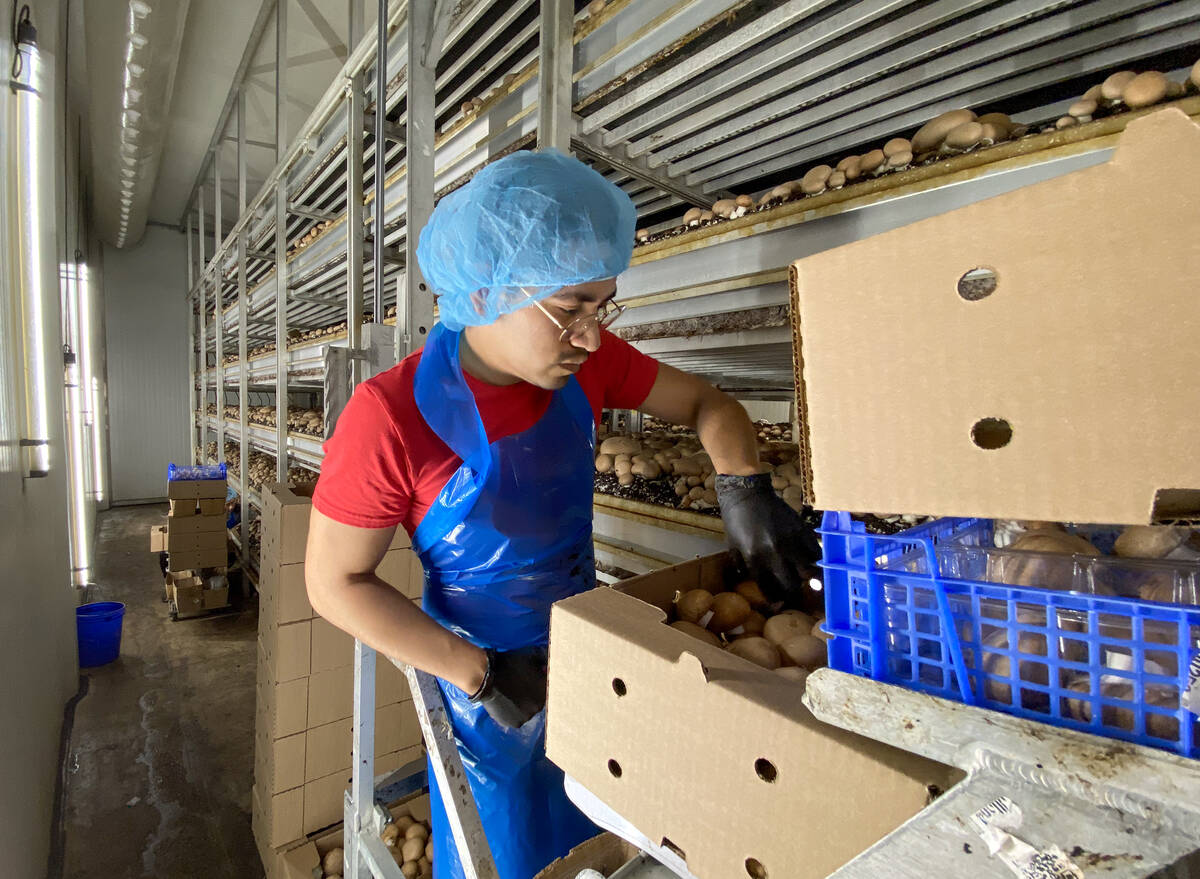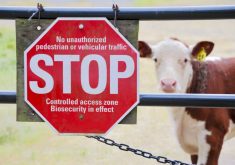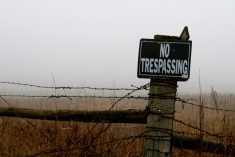Farmers in the Township of Perth East raised the alarm earlier this month about a move by municipalities across Ontario to make more specific the details about enforcing property standards bylaws.
“Some of the stuff in these bylaws just doesn’t make sense,” said Perth County Federation of Agriculture (PCFA) President Bob Martin. “It’s a bylaw that’s written for cities, and when it’s applied in rural Ontario it creates problems that people in Toronto don’t think about.”
Why it matters: At issue are the powers of municipal staff to enter onto private property to inspect for and/or enforce property standards bylaws. The PCFA is concerned about biosecurity when municipal officers are able to enter properties.
Read Also

Ontario’s other economic engine: agriculture and food
Ontario Federation of Agriculture president, Drew Spoelstra, says Ontario’s agriculture and agri-food sector should be recognized for its stability and economic driving force.
PCFA argued in a letter to the township in advance of an April 17 delegation by Martin before Perth East council that “visitors can unknowingly bring harmful agents onto a farm via contaminated clothing and footwear, equipment and vehicles. Such individuals, businesses and organizations are encouraged to develop and follow a biosecurity plan.”
Glenn Schwendinger, CAO of the Township of Perth East, told Farmtario in an interview that the issue has been somewhat blown out of proportion.
There has been no change in the actual property standards bylaw, he stressed, which came into force in Perth East in 2001. A bylaw officer has also been in place since then. In fact, Shwendinger said, it has been the practice of the Township to have two staff members named with authorities to enforce bylaws, to cover for when the main person charged with those duties (such as the chief building official) is away from the municipality.
The recent change, he explained, was to specify in the job description of the person holding the bylaw officer role that they have specific duties with respect to the property standards bylaw. It’s a process that municipalities across the province are currently undertaking due to what he described as “decisions in some recent court cases” on a provincial basis.
Schwendinger couldn’t pinpoint the exact source of the directive to specifically name a property standards officer. He said it may have come through the Ministry of Municipal Affairs, or possibly through a professional association for municipal administrators. But the message has been that legal trouble could result if municipalities don’t specify the position under the property standards bylaw – which typically governs the upkeep of property.
Martin, by contrast, figures he knows exactly where the directive came from. “I’m a former councillor (for North Perth). I know how it works. I realize these rules come down from the (provincial) government and you have to act on them.”
Schwendinger insists the actual work of the staff person inspecting for and/or enforcing the property standards bylaw will not change. He suggests activities under the bylaw will continue to be rare since such activities are kicked into action only by complaints from citizens.
He adds other jurisdictions have already completed the process of creating the specific property standards officer role. “A neighbouring municipality just went through the exact same process, and there were zero questions, zero comments, and zero concerns raised. Nothing,” the Perth East CAO commented.
Not so in Perth East. In early April, as a result of concerns regarding the property standards officer role in the township, Council voted to create a biosecurity policy that would be followed by all members of staff. This was initiated, Schwendinger says, because it’s not only bylaw enforcement personnel who might visit farms.
At a meeting on April 17 at the municipality’s Milverton council chambers, representative from two organizations – PCFA and a coalition of concerned citizens – made official delegations regarding that proposed policy.
“We wanted them to include notification prior to arrival on a farm,” Martin told Farmtario, regarding the PCFA delegation. “Because, as any farmer knows, the rules on the farm are getting more strict all the time. If the farmer is notified ahead of time, they can tell the person from the municipality what the latest requirements are.
“When (biosecurity requirements) change every few months, (municipal employees) are not going to be able to keep up to speed. So we need advance notification.”
Martin expressed a level of frustration with the response from Perth East council to the PCFA delegation, suggesting some councillors weren’t supportive. He’s also worried it will take many months to create the policy.
But council did agree to take into account the comments from the two April 19 delegations. And Schwendinger says the township hopes to play a leading role of sorts, by creating a biosecurity policy that other municipalities across the province might adapt for their own use.
He stresses, though, that it won’t be a quick process. Perth East plans to consult with more than one provincial government ministry, with farm organizations and the farming public, and with other rural municipalities before bringing the policy back for council approval.













